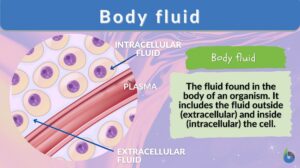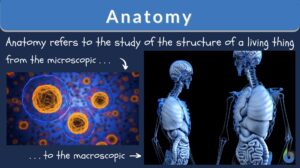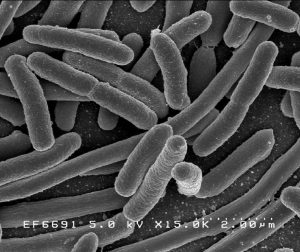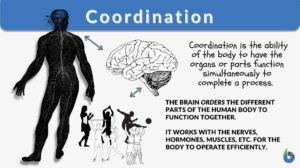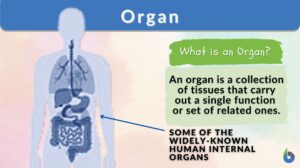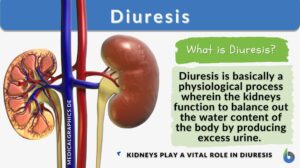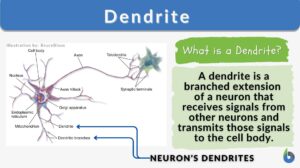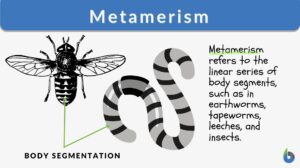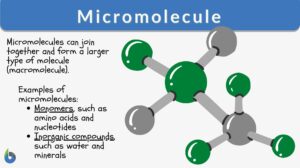Search Results for: body
Body fluid
Body Fluids Definition What is body fluid? Literally, body fluid is the fluid of the body. The adult human body is ~50-60%... Read More
Chemical Composition of the Body
In order to fully understand the mechanisms of human physiology, it is important to have an understanding of the chemical... Read More
Homeostasis
Homeostasis is the tendency not to stray from the range of favorable or ideal internal conditions. Such conditions must be... Read More
“Mutualism factor” could explain why body does not attack normal flora
When sadness reeks in and you feel as if you are all by yourself, think again. That is because you are never alone. As a... Read More
Sagittal plane
The sagittal plane is the plane that allows us to see the world in bilateral symmetry. Whether reaching for a high shelf,... Read More
Ventral body cavity
Definition noun The body cavity situated near the front of the human body, and consists of the thoracic cavity and... Read More
Integumentary system
Integumentary System Definition The integumentary system is the outermost layer of the body. The animal body, in... Read More
Positive feedback
Positive Feedback Definition Each mechanism of the body like temperature, blood pressure, and levels of specific nutrients... Read More
Regulation of Organic Metabolism, Growth and Energy Balance
Organic Metabolism Events of Absorptive and Post-absorptive States. The absorptive state is the period during which... Read More
Adipose tissue
Adipose Tissue Definition Adipose tissue, a specialized variety of connective tissue, is composed of lipid-rich cells known... Read More
Body cavity
Definition noun, plural: body cavities (1) Any space in the body of a multicellular organism, containing the viscera or... Read More
Smooth muscle
The smooth muscle can be described as a type of muscle in the human body that is non-striated and involuntary in action.... Read More
An introduction to Homeostasis
Researched and Written by Jonjo Minns Submitted to biologyonline.com on February 25, 2009. Published in biologyonline.com... Read More
Afferent Nerve
Afferent Nerve Definition The word ‘aferent’ means "steering or conducting something towards a destination". The... Read More
Coordination
Coordination Definition When a person hears the word coordination, they think of order, organization, or even managing... Read More
Control of Body Movement
Motor Control Hierarchy A motor program is the pattern of neural activities required to perform a movement is created and... Read More
Skeletal system
What is the Skeletal System? How to define a skeleton? The skeletal system is the main framework that gives your body its... Read More
Muscular system
Muscular System Definition What is the muscular system? The muscular system is a system that includes muscle cells and... Read More
Feedback mechanism
Feedback Mechanism Definition What is a feedback mechanism? A feedback mechanism is a physiological regulation system in a... Read More
Axon hillock
Axon Hillock Definition What is axon hillock? If you are familiar with the different parts of the neuron, the axon hillock... Read More
Nervous tissue
Nervous Tissue Definition Nerve cells (or neurons) and their associated cells, such as neuroglia cells, make up nervous... Read More
Nuclear body
Definition noun plural: nuclear bodies nu·cle·ar bod‧y, ˈnjuː.kli.ər ˈbɒdi Any of the prominent non-membraned,... Read More
Diaphoresis
What is Diaphoresis? Diaphoresis is referred to excessive or profuse perspiration or sweating which may be due to... Read More
Metamerism
Metamerism Definition Metamerism is the repetition of homologous body segments. This type of development can be seen in the... Read More
Humoral immunity
Let’s get to know where one should place humoral immunity, the topic of today’s discussion!! By the end of the article,... Read More
Micromolecule
Micromolecules Definition How to define micromolecule? Micromolecules are relatively small molecules that are combined... Read More
Equilibrium
Equilibrium Definition In Biology Equilibrium refers to the state of balance and stability. In biology, equilibrium is... Read More
Longitudinal section
Longitudinal Section Definition To describe the direction of movements and location of different body structures, a... Read More
